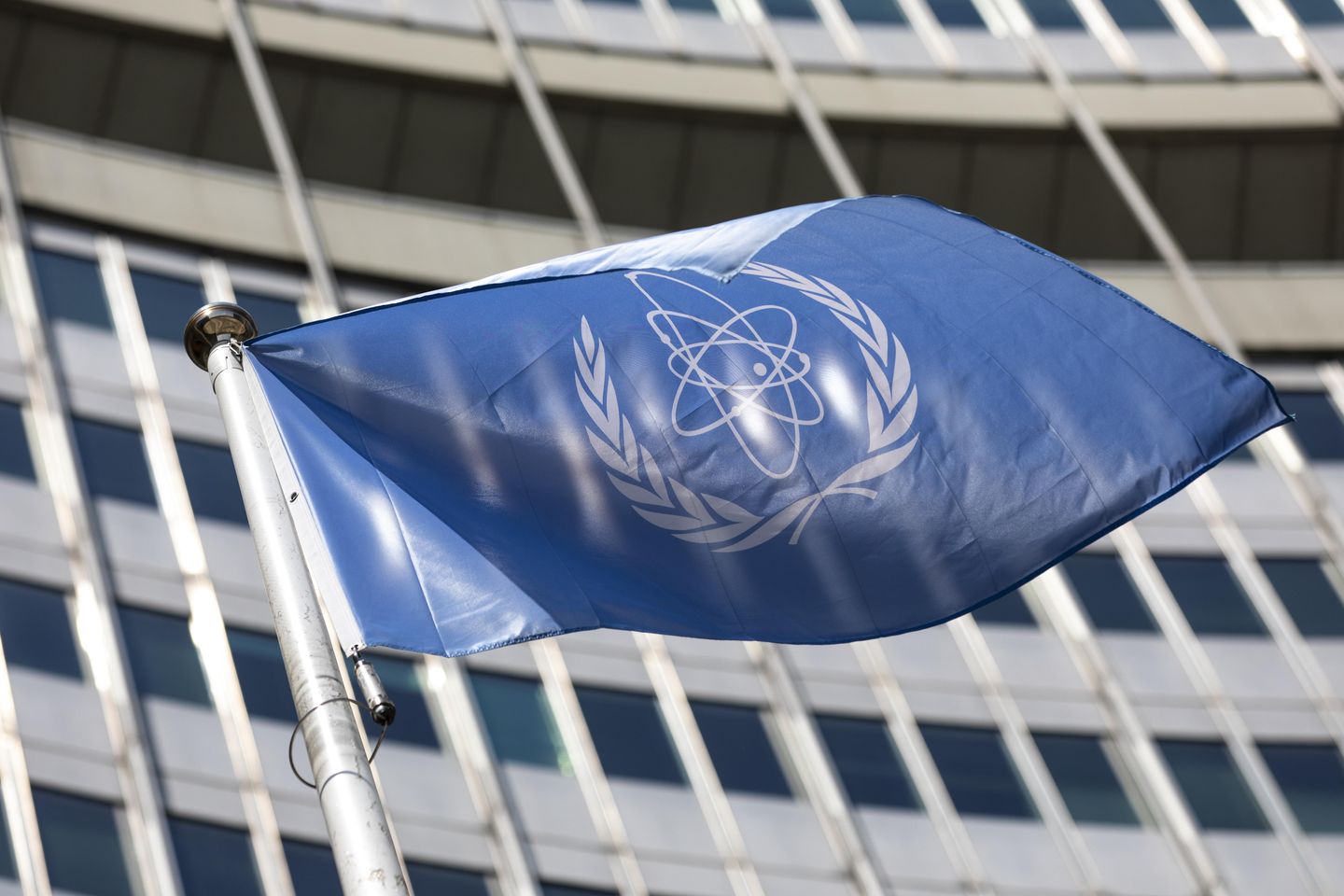
The snapback sanctions would result in an arms export ban and restrictions on Iran’s drone and missile programs. Sanctions could also impede Iran’s ties with Asian and European partners through asset seizures and travel restrictions on Iranian officials.
E3 diplomats likely used the Geneva talks to judge if Iran has made any progress on accepting their demands, opening the door to a possible extension of the sanctions deadline. Additionally, reports suggest that Russia, a key ally of Iran, would back a six-month extension of that deadline, with a draft proposal already under review at the United Nations.
In addition to resuming nuclear inspections, E3 has demanded that Tehran resume diplomatic negotiations with the U.S. and produce a full accounting of its stockpile of enriched uranium.
Iranian officials have asserted that Europe has no legal standing to trigger the snapback mechanism and have vowed to pull out of the Nuclear Non-Proliferation Treaty in protest if sanctions are reimposed.
Additionally, Iran has issued contradictory statements on further sanctions. Last week, Iranian Foreign Minister Abbas Araghchi downplayed the impact snapback sanctions would have, declaring Iran was prepared to weather more economic and diplomatic pressure.
“The economic sanctions of the Security Council are far more limited than the current unilateral U.S. sanctions,” Mr. Araghchi said. “Things will not become any worse than the current situation. Yes, from a psychological and political, and even strategic point of view, there are consequences, but not to the extent that it would bring diplomacy to a dead end or paralyze the country.”
However, responding to public concern, Foreign Ministry spokesperson Esmaeil Baghaei on Monday asserted that Iran is aware of the danger that further sanctions pose.
“Reducing the importance of what is called the mechanism for reimposing U.N. sanctions is by no means correct. We are fully aware of its negative consequences,” Mr. Baghaei told state-affiliated media.
Indeed, further U.N.-backed action could prove damaging for Iran, hampering the country’s ability to rebuild after its 12-day war with Israel and America’s devastating bombing in June. Additionally, increased international diplomatic pressure on Iran could lead Russia and China to retreat in their support.
Following the June war, Iran passed a law restricting cooperation with the International Atomic Energy Agency, which led to renewed threats of sanctions.
Mr. Baghaei stressed on Monday that Tehran’s cooperation with the IAEA remains in place, adding that recent conversations with agency officials in Vienna and Tehran have been productive.
Iranian officials have been hostile to the idea of continued negotiations with Washington following the U.S. airstrikes on Iranian enrichment sites. Mr. Araghchi has repeatedly said that direct negotiations with Washington can’t take place without certain security guarantees, which would ensure that no further attacks on Iran’s nuclear infrastructure would occur.
Iran and the U.S. were engaged in nuclear talks before the Iran-Israel war, with Israel’s preemptive strikes interrupting another round of scheduled talks.












